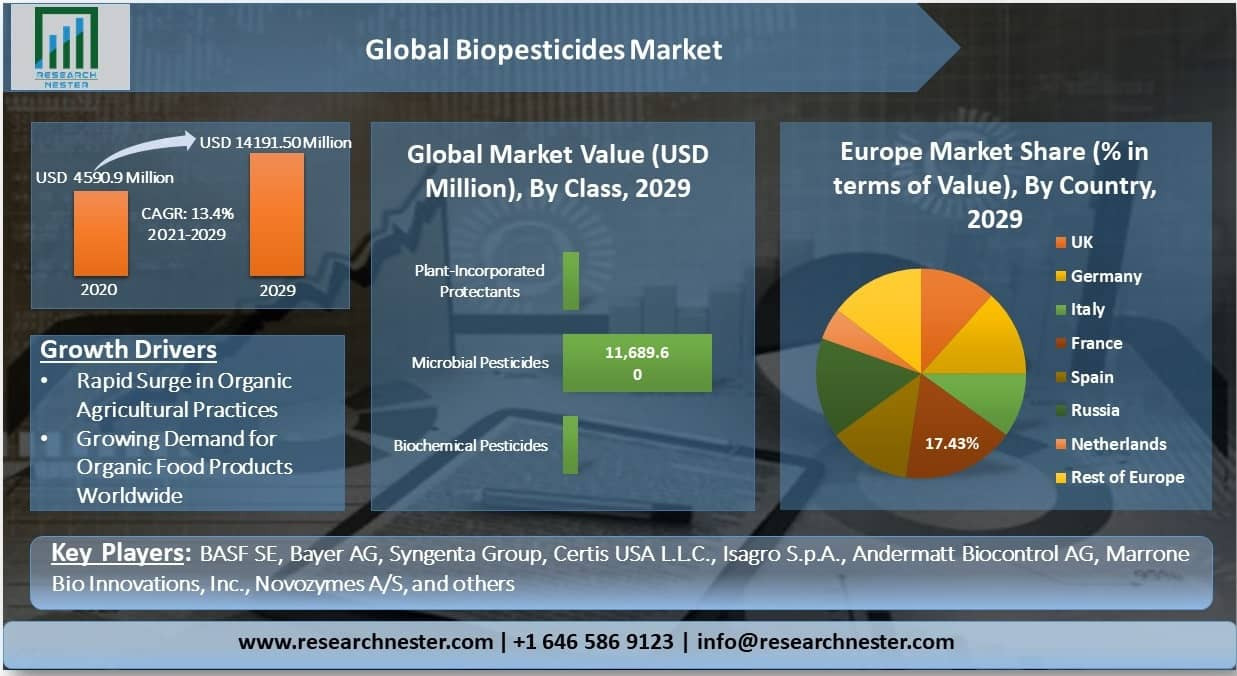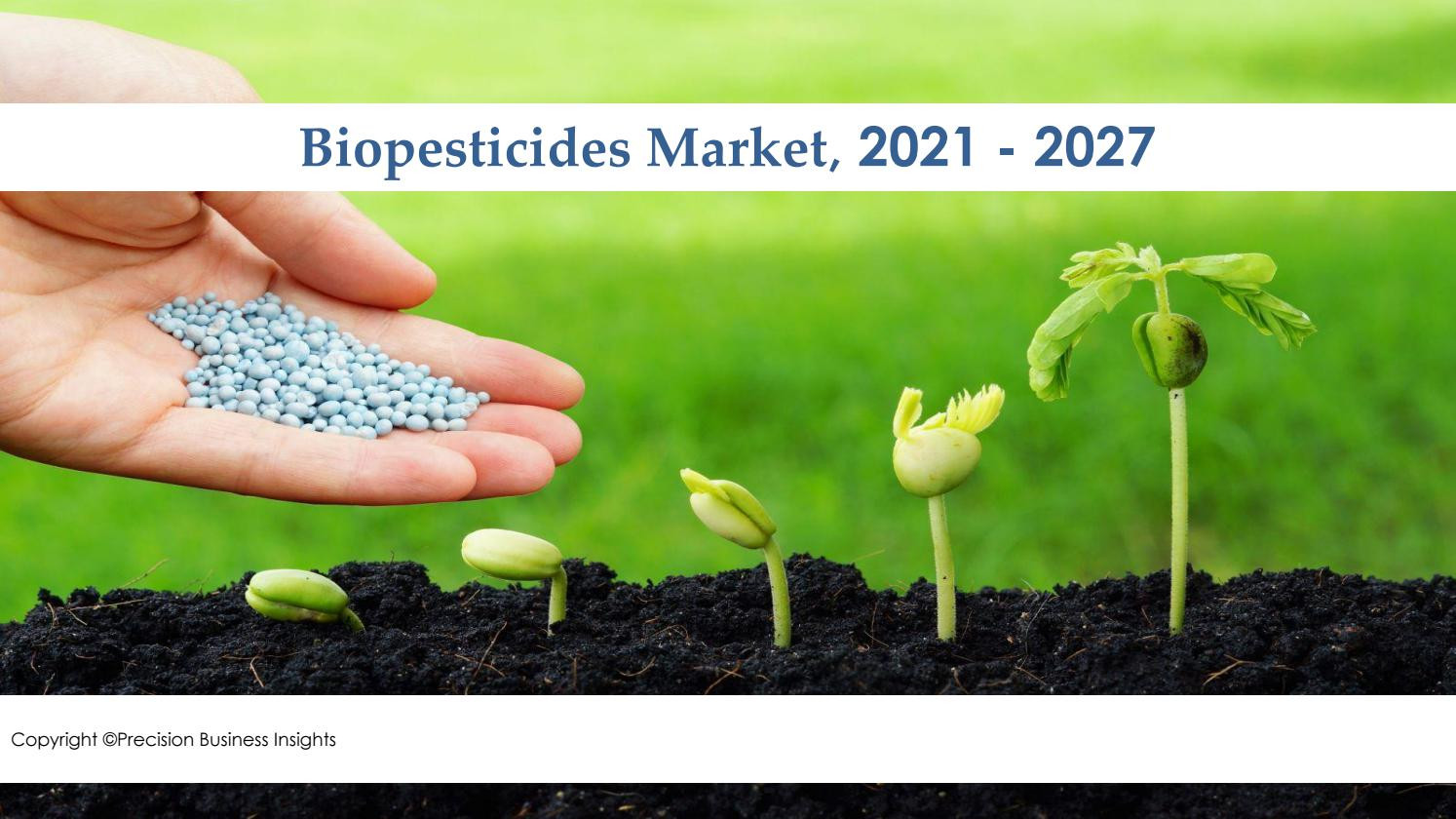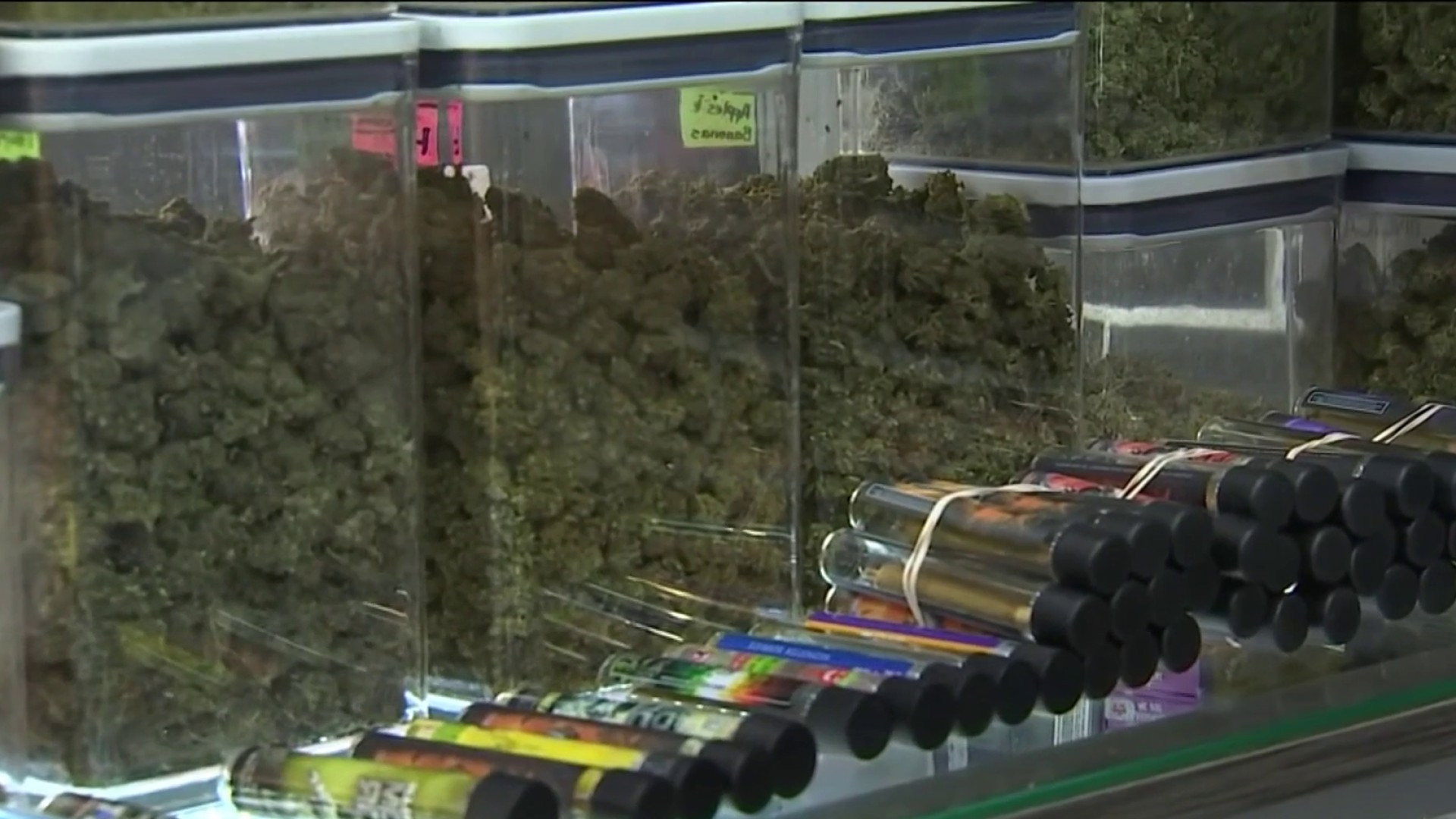The Growing Demand for Sustainable Agriculture Fuels Biopesticides Market Growth
The global pesticides market is undergoing a significant transformation, with a growing focus on sustainable and eco-friendly solutions. Biopesticides, derived from natural sources like plants, bacteria, and minerals, are gaining momentum as a safe and effective alternative to traditional chemical pesticides. The rising demand for organic food, growing environmental concerns, and stringent regulations are driving this shift towards more sustainable practices in agriculture.
Key Drivers Propelling the Biopesticides Market
Several factors are fueling the growth of the biopesticides market. These include:
Rising Global Food Demand
With the world's population projected to reach 9.7 billion by 2050, the demand for food production is steadily increasing. Pesticides play a crucial role in enhancing agricultural productivity by protecting crops from pests and diseases. This rising need for greater agricultural output is a major driver for the biopesticides market.
Environmental Concerns and Sustainability
The growing awareness of the negative environmental impact of chemical pesticides, including soil and water contamination, harm to biodiversity, and pesticide residues in food, is driving consumers and policymakers to seek more sustainable solutions. Biopesticides, with their reduced toxicity and minimal environmental impact, offer a viable alternative to traditional chemical pesticides.
Stringent Regulations and Policies
Governments worldwide are increasingly implementing stricter regulations on the use of chemical pesticides. This is driven by the desire to protect human health, the environment, and biodiversity. The European Union's Sustainable Use of Pesticides Directive, for example, is a prime example of this trend. These regulations are encouraging the adoption of integrated pest management (IPM) practices and promoting the use of biopesticides as a safer alternative.
Technological Advancements in Biopesticide Development
Advancements in biotechnology and other technologies are enabling the development of more effective and efficient biopesticides. These advancements include:
-
Genetically Modified Crops: The development of genetically modified (GM) crops resistant to pests has reduced the need for chemical pesticides, contributing to the growth of the biopesticides market.
-
Nano-Biopesticides: The development of nano-biopesticides, which use nanoparticles to improve the delivery and efficacy of biological agents, is providing new opportunities for pest control.
-
Biopesticides with Improved Shelf Life: Research is ongoing to develop biopesticides with a longer shelf life, making them more attractive to farmers and distributors.
Market Opportunities and Challenges
The biopesticides market presents both opportunities and challenges:
Opportunities:
-
Expansion of Integrated Pest Management (IPM): The adoption of IPM, which integrates various pest control methods to minimize the use of chemical pesticides, is creating opportunities for biopesticides. Companies specializing in IPM solutions can benefit from this growing trend.
-
Growing Demand for Organic Farming: The rising demand for organic food products is creating a significant opportunity for organic-certified biopesticides. Companies focusing on developing organic biopesticides are well-positioned to capitalize on this trend.
Challenges:
-
High R&D Costs: The development of new biopesticides, especially those derived from natural sources, can involve high research and development costs. Extensive testing and regulatory approval procedures further add to the time and expense, presenting a challenge for smaller companies.
-
Pest Resistance Development: As with chemical pesticides, pests can develop resistance to biopesticides. Continued research and development are necessary to address this challenge and ensure the long-term efficacy of biopesticides.
Key Players in the Biopesticides Market
Several key players dominate the global biopesticides market. These companies are actively investing in research and development, strategic mergers and acquisitions, and market expansion initiatives to enhance their market share. Some of the prominent names in the market include:
- Novozymes
- Symborg
- Vegalab
- Chr. Hansen Holding
- Syngenta
- Andermatt Group
- Biolchim SPA
- Biobest Group
The Future of the Biopesticides Market
The biopesticides market is expected to continue its growth trajectory in the coming years, driven by the increasing demand for sustainable agricultural solutions. The adoption of biopesticides is likely to accelerate as awareness of their environmental benefits and the growing pressure for more sustainable farming practices increase. Technological advancements in biopesticide development will further contribute to the market's growth. As the world grapples with the challenges of feeding a growing population while minimizing environmental impact, biopesticides are poised to play a pivotal role in shaping the future of agriculture.
A Green Revolution in the Making
The biopesticides market is not just about economic growth; it's about a fundamental shift towards a more sustainable future. The transition from chemical-based pesticides to bio-based alternatives represents a positive step towards protecting our planet and ensuring a healthy food supply for generations to come.


















